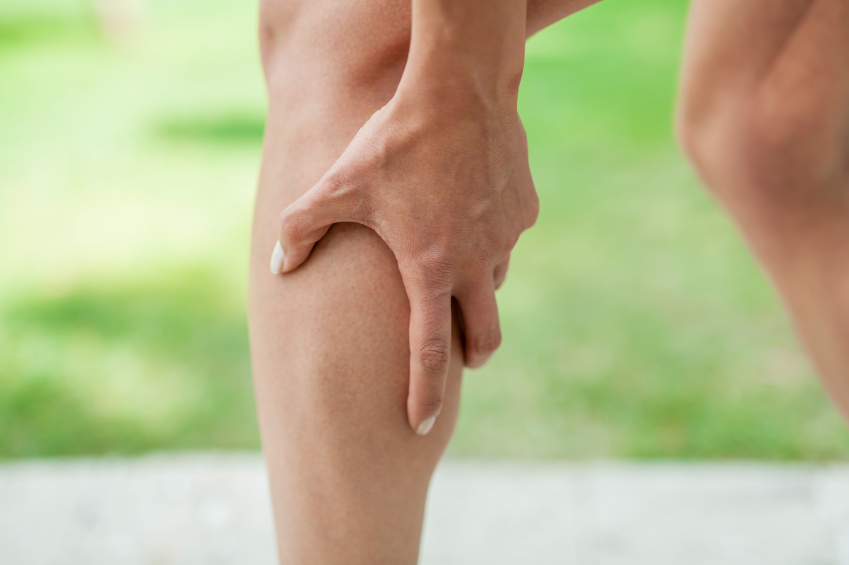Most of us think of leg cramps as painful but innocuous. Drink some water, eat a banana, and everything will be OK.
But a certain type of cramp can be a sign you’re headed for a heart attack. In fact, nearly a quarter of people with this kind of cramp die within five years from a heart attack or heart disease.1
Typical leg cramps strike at night or during exercise. Even though they can be painful, they go away quickly. They can be a sign of dehydration or electrolyte imbalance.2
The kind of cramp you have to worry about is different. It persists and stays with you throughout the day. It may affect your ability to walk.
This type of cramp may indicate a condition called peripheral artery disease (PAD). It’s caused by blocked arteries in your legs.
If your legs have blockages, the chances are high your heart has them, too. Without treatment, PAD sufferers face a major risk of heart death. Among those who have difficulty walking, as many as half will die of heart problems within five years.3
If you have a leg cramp that doesn’t go away, don’t delay seeing your doctor.
And if you want to know more about how to protect your heart… Discover the five REAL triggers of heart attack and stroke… And the natural, effective ways to prevent them.
Like how avoiding this popular heart drug can cut your risk of a fatal heart attack in half… The vital hormone that slashes stroke risk in men by 36%… And how to get your heart protection kit today.
Get all the details HERE.
In Good Health,

Angela Salerno
Publisher, INH Health Watch
Like this Article? Forward this article here or Share on Facebook.
References:
1http://www.msn.com/en-us/health/fitness/7-signs-you-should-stop-exercising-immediately/ss-BBpFxty
2http://www.webmd.com/sleep-disorders/tc/nighttime-leg-cramps-topic-overview
3https://www.nhlbi.nih.gov/health/educational/pad/docs/pad_extfctsht_general_508.pdf

